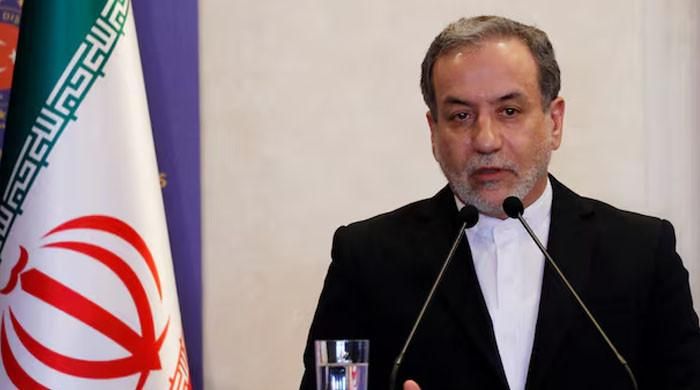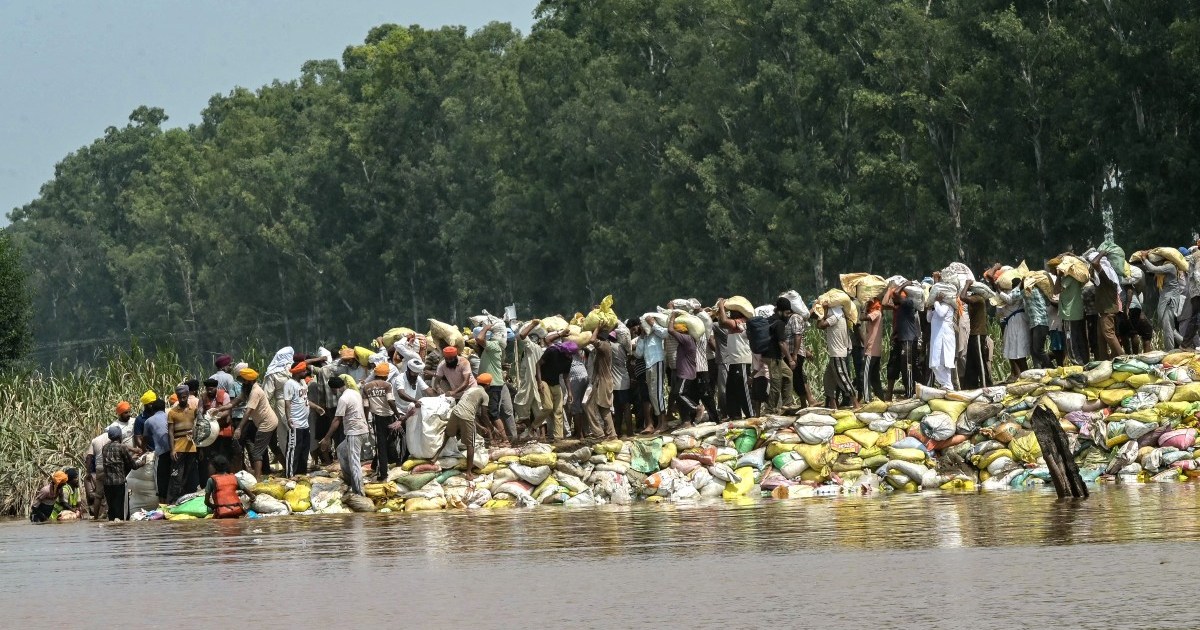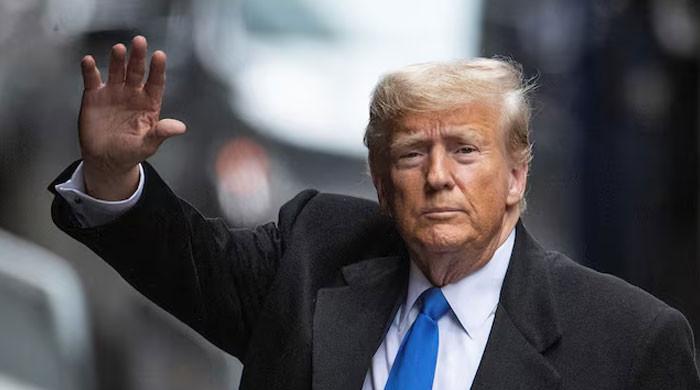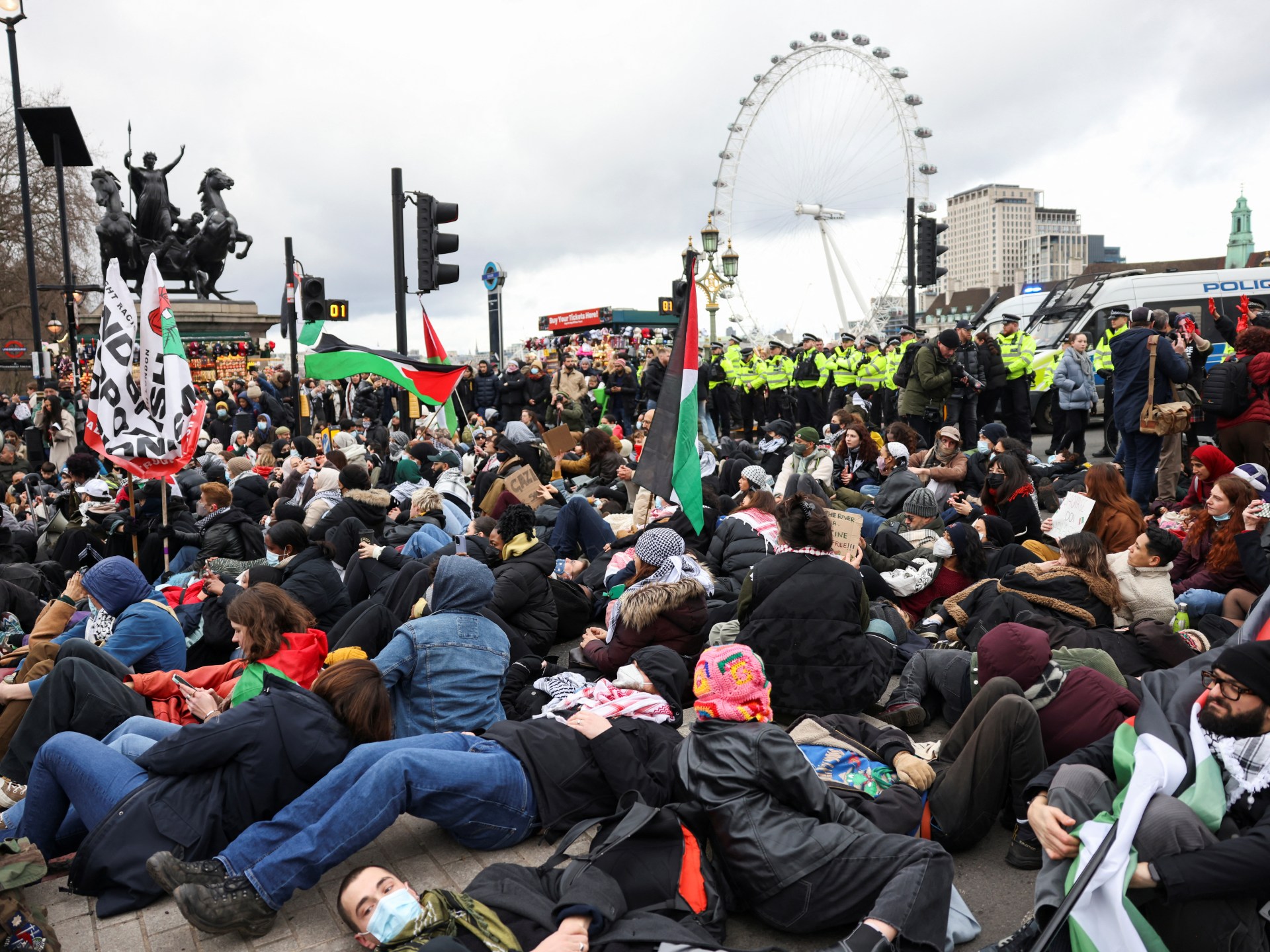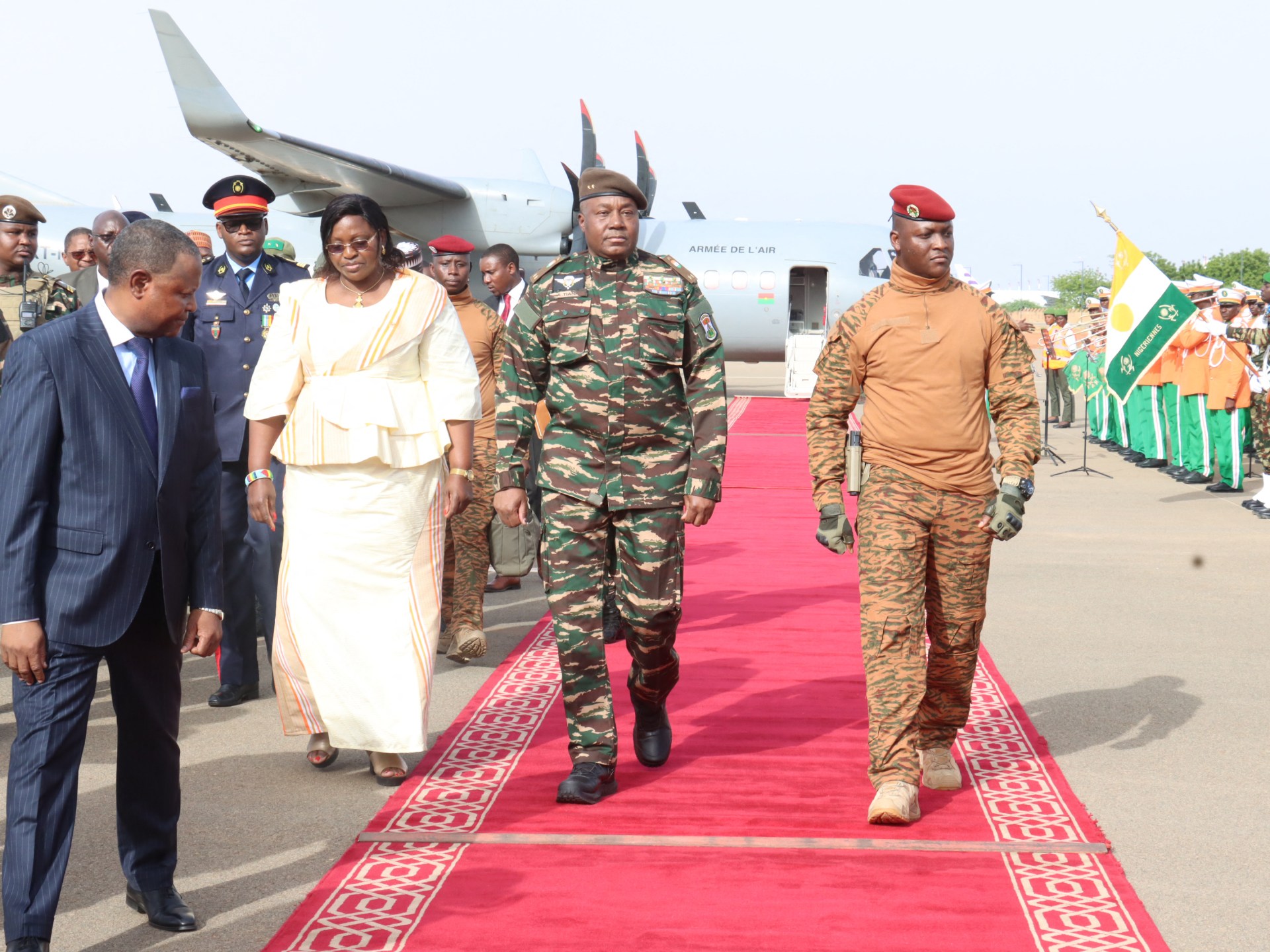Iran has intensified its highly enriched uranium production, according to a UN Nuclear Surveillance Confidential Report, as Foreign Minister Abbas Araghchi said, on Saturday that Tehran considers that “unacceptable” nuclear weapons.
According to the latest report by the International Atomic Energy Agency (OIEA) AFP view, Iran has considerably increased its enriched uranium reserve up to 60%, close to the level of approximately 90% necessary for atomic weapons.
He said in his quarterly report that Iran has an estimated amount of 408.6 kilograms enriched up to 60% from May 17, to 133.8 kilograms from the last February report.
The total amount of Iran enriched uranium now exceeds 45 times the limit authorized by the 2015 agreement with the world powers, and is estimated at 9,247.6 kilograms.
“The significant increase in production and accumulation of uranium highly enriched by Iran, the only state of non -nuclear weapon in producing such a nuclear material, is of great concern,” said the OIEA.
In a separate in -depth report, the OIEA criticized Tehran's “less satisfactory” cooperation about its scrutiny of its nuclear program, specifically pointing out Iran's lack of progress in the explanation of the nuclear material found in unstalled sites.
Disagree on uranium enrichment
The report occurs when Tehran pursues delicate negotiations with the United States in its nuclear program.
Western governments have suspected Iran for a long time to try to develop a capacity for nuclear weapons to counteract arsenal widely suspicious but not declared from its archiers, Israel.
After the Oiea report, Israel accused Iran of Iran of being “totally determined” to acquire nuclear weapons.
“Such an enrichment level only exists in countries that actively pursue nuclear weapons and has no civil justification,” said a statement from Prime Minister Benjamin Netanyahu's office.
However, Araghchi reaffirmed the long -standing position of the country, saying that Tehran considers “unacceptable” nuclear weapons.
“If the problem is nuclear weapons, yes, we also consider that this type of weapon is unacceptable,” said Araghchi, Iran's main negotiator in conversations, in a televised speech. “We agree with them on this subject.”
Araghchi's comments occurred one day after the president of the United States, Donald Trump, said they will “cannot have a nuclear weapon”, while expressing the hope of reaching an agreement soon.
On Thursday, Araghchi attacked what he called “media speculation” that the two parties were close to an agreement, saying that “I was not sure if” an agreement is “imminent.”
Iran has made five rounds of conversations with the United States in search of a new agreement to replace the agreement with the main powers that Trump abandoned during his first term in 2018.
A date or place has not yet been announced for the next round, but Araghchi said Wednesday that he was waiting for an announcement of the mediator Oman in the “next days.”
The two governments disagree on the Uranium enrichment program of Iran, that Washington has said that it must cease, but that Tehran insists is their right under the Nuclear Non -Proliferation Treaty.
Very good talks
However, Trump said Wednesday that “we are having very good conversations with Iran”, and added that he had warned Israeli prime minister, Benjamin Netanyahu, against hitting his nuclear facilities, since it would not be “appropriate at this time.”
Israel has repeatedly threatened military action, after hitting Iranian air defenses during two fire exchanges last year.
Trump has not ruled out military action, but said he wants the space to reach an agreement first, and has also said that Israel, and not the United States, would take the lead in such attacks.
Trump adopted a policy of “maximum pressure” against Tehran after leaving the 2015 agreement and reimpleting the radical sanctions that the agreement had raised in exchange for restrictions not monitored in Iran's nuclear activities.
Iran continued to honor the agreement for a year, but then began to reverse its own fulfillment with its terms.
Since then, Iran has accumulated the largest highly enriched uranium reserve of any state without a nuclear arsenal.
The enriched uranium up to 60% is far beyond the 3.67% limit established by the 2015 agreement.
In recent days, Tehran has said that if an agreement is reached, it may consider allowing US inspectors to join the UN nuclear surveillance monitoring teams with their terms.
The nuclear chief Mohammad Eslami said that Iran “will reconsider accepting US inspectors through the agency (of the OIEA)” if “an agreement is reached and the demands of Iran are taken into account.”

